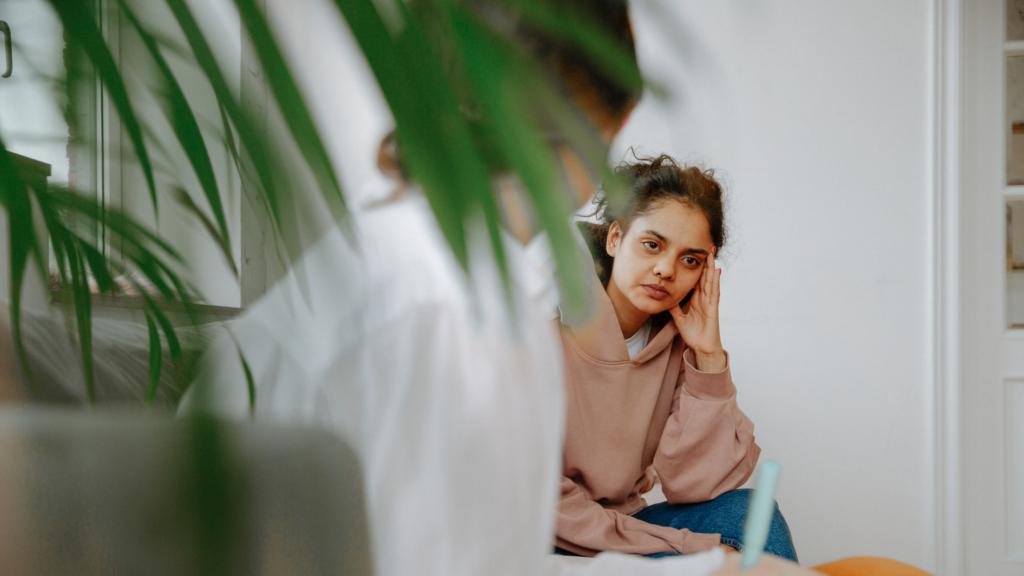From this school year, the Centres for Student Guidance (CLB) no longer have to pay to employ clinical or educational psychologists for schools.
Federal Health Minister Frank Vandenbroucke announced on Thursday that the co-payment they paid for the service will no longer apply.
CLBs will now be able to organise sessions by clinical and educational psychologists in schools for free, provided they sign an agreement with a Mental Health Care Network. These sessions can take place at school or in a room of the CLB.
"If we see that more and more children and young people are suffering from psychological problems, it is all the more important to discuss this at a young age and to be involved as early as possible. That is the core of my mental health reform," said Vandenbroucke.
Centres for student guidance (CLB) are now taking that assignment to heart. "We fully support them in this by also eliminating the co-payment for the sessions that CLBs organise and now making them free," he added.
Tackling problems more quickly
Previously, CLBs were already able to organise group sessions for free, but the pupils who needed additional guidance and were referred to a psychologist outside the school still had to make a co-payment, which was not covered by the school/CLB.
In practice, CLBs experienced this referral as both a financial and psychological barrier, Stefan Grielens of the Vrij CLB Network told VRT. "As CLB, we always work for the students for free. If it turns out that the free sessions are not enough, it is difficult to refer them to other help if they need to pay for it. On the other hand, the CLBs and schools do not have the budget to pay for many sessions themselves."
Therefore, Vandenbroucke decided to further strengthen the offer of the CLBs at schools or on CLB premises by eliminating the co-payment. This amounted to €11 or €4 for an individual session with a psychologist or educational psychologist, respectively, and €2.5 per group session.
Related News
- Young people in Belgium continue to use screens excessively, expert warns
- Belgian universities sound the alarm on student mental health
- New Belgian documentary puts spotlight on young people's mental health
For Grielens, this means that the range of free psychological help at school can be further expanded: "We now have more opportunities to organise free sessions for students, and that is important to tackle problems quickly and easily."
Vandenbroucke also reiterated the importance of rapid help: by removing as many financial barriers as possible to psychological help at school, children and young people at risk of developing mental problems can be identified and helped a lot more quickly.
"By organising sessions at school yourself, you also create a familiar environment for a child or young person to have those conversations, which is reassuring," he said.

